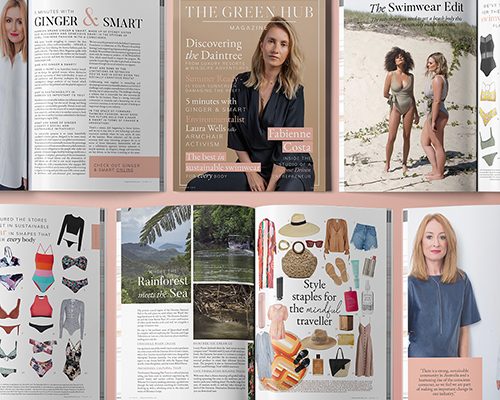When was the last time you bought something new and felt confident it would last? Not just for the next season, but last for years, the way clothes used to.
It feels like it’s been a while, right?
That’s because the rise of fast fashion in the noughties saw the industry begin to cut corners, chasing speed and volume over durability. It’s that very same shift that has left us with wardrobes full of short-lived pieces, made from cheaper fabrics and designed to be replaced rather than repaired or kept.
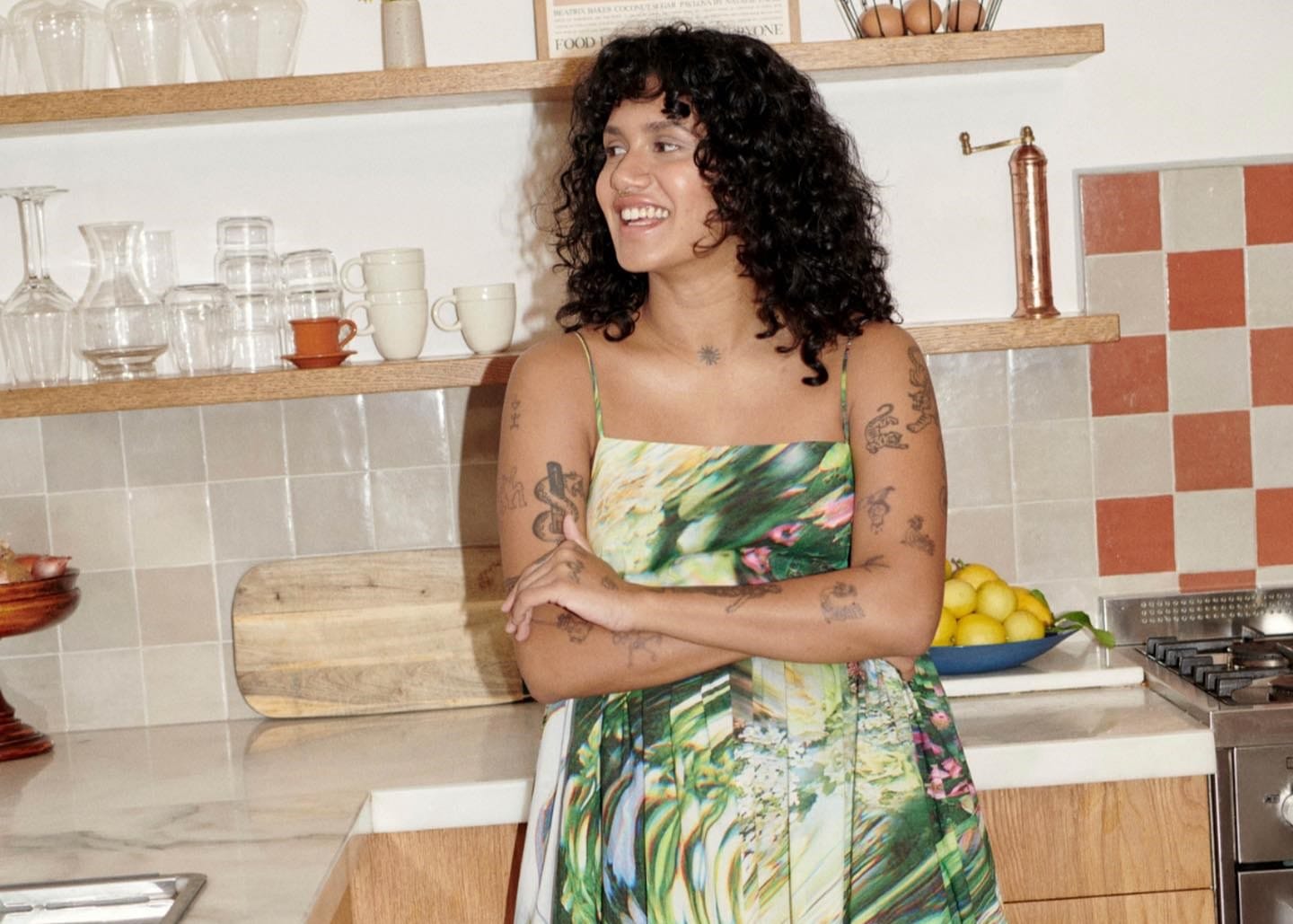
Fast Fashion in Australia
Every year, more than more than 1.4 billion garments arrive in Australia.
On average, that’s 56 new pieces for each of us each year, one of the highest rates of clothing consumption in the world. one of the highest rates of clothing consumption in the world. More choice, yes, but also more waste, with over 200,000 tonnes of clothes ending up in Australian landfill every single year.
Fast fashion may have trained us to expect constant newness at low prices. But the trade-off is we’re now stuck with quite literal mountains of clothes that simply aren’t designed to last. Speed and cost-cutting have become the industry’s default, so even labels we once trusted for quality now cut corners, charging more while offering less.
The result is wardrobes crowded with clothes that feel disposable, and the ongoing question of what to do with them once they’ve worn out their welcome.
So, How Do We Find Good Quality Clothes?
It’s harder than it once was, but far from impossible. Especially if we shift our mindset towards fewer, better things.
A growing number of Australian and New Zealand labels are proving that clothes can still be made with care, with designs intended to stay in our wardrobes for years.
Of course, buying new isn’t the only answer. It’s also about changing how we think about clothes altogether.
Buying second-hand, repairing and caring for what we already own, and being more deliberate about what we add. And yes, when we do choose to invest in quality, the upfront cost is often higher. But if you’re in a position to spend a little more, it can mean fewer replacements over time and better value per wear.
A quick note about our brand guides
The Green Hub has been covering sustainable fashion for more than a decade. Our guides are put together by sustainability researchers and industry specialists, drawing on independent research and years of reporting on the space. We don’t include brands lightly. We consider material quality and how transparent a brand is about its production, with preference given to clothes designed to last.
We update each guide regularly as brands improve their practices, or new labels emerge.
Australian and NZ fashion brands making clothes designed to last
Bookmark this list when you’re ready to invest in designs worth keeping.
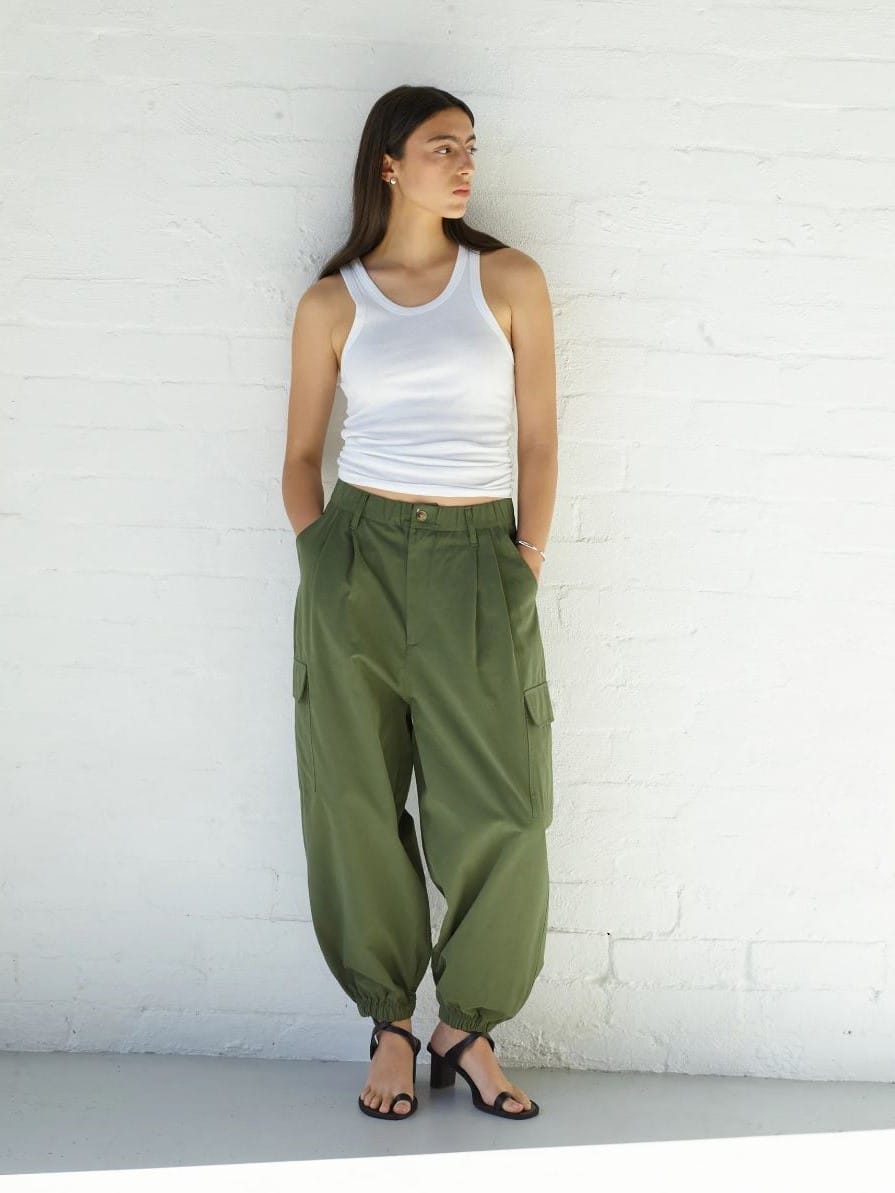
Bassike
Founded in 2006, Bassike built its reputation on organic cotton jersey — those clean, well-cut basics that have since become staples in wardrobes across Australia.
Today, more than 90% of their collections are made in Australia, supported by long-standing relationships with local makers. Their supply chain is Ethical Clothing Australia accredited, and in 2020, Bassike became a B Corp.
Bassike also operates a take-back program and offers repairs, part of their effort to extend the life of each garment. Their production model prioritises smaller runs and better fabrics, from certified organic cotton to responsibly sourced wool, with an emphasis on durability.
For a brand that started with the humble T-shirt, Bassike has become a benchmark for what “fewer, better things” looks like in practice — wardrobe staples that are designed, cut and sewn to last.
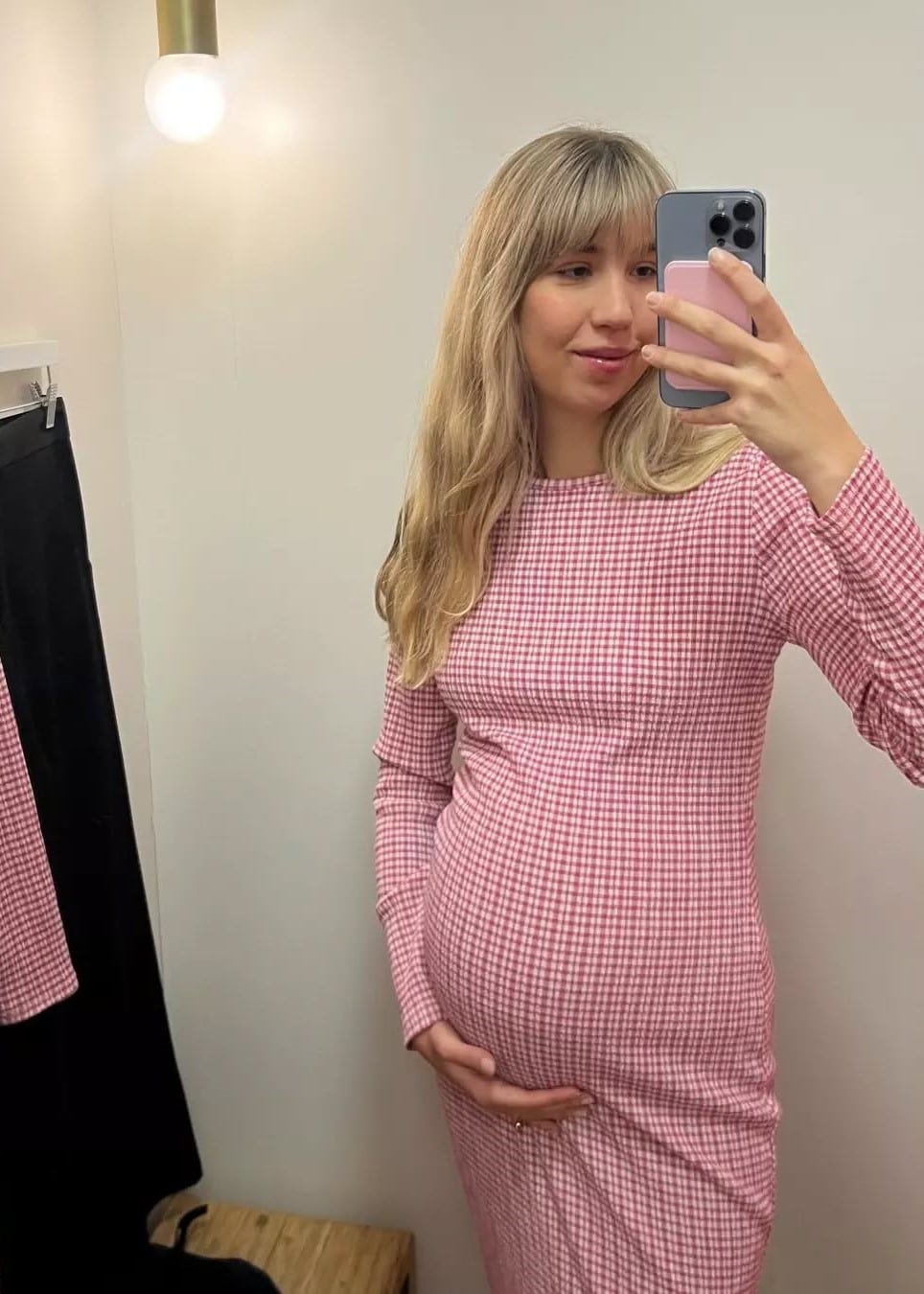
Kuwaii
One of Melbourne’s most loved labels, Kuwaii has been doing slow fashion since before it had a hashtag.
Every piece is designed in their Brunswick studio and produced in small runs by local makers, with a focus on natural fibres and classic tailoring that holds up year after year.
Kuwaii is Ethical Clothing Australia certified, meaning their supply chain is independently audited to guarantee fair wages and safe working conditions.
They also offer lifetime repairs on their garments — patching, darning and resewing to keep pieces in circulation for as long as possible. It’s a radical departure from disposable fashion, and a tangible expression of their belief that clothes should be made to last.
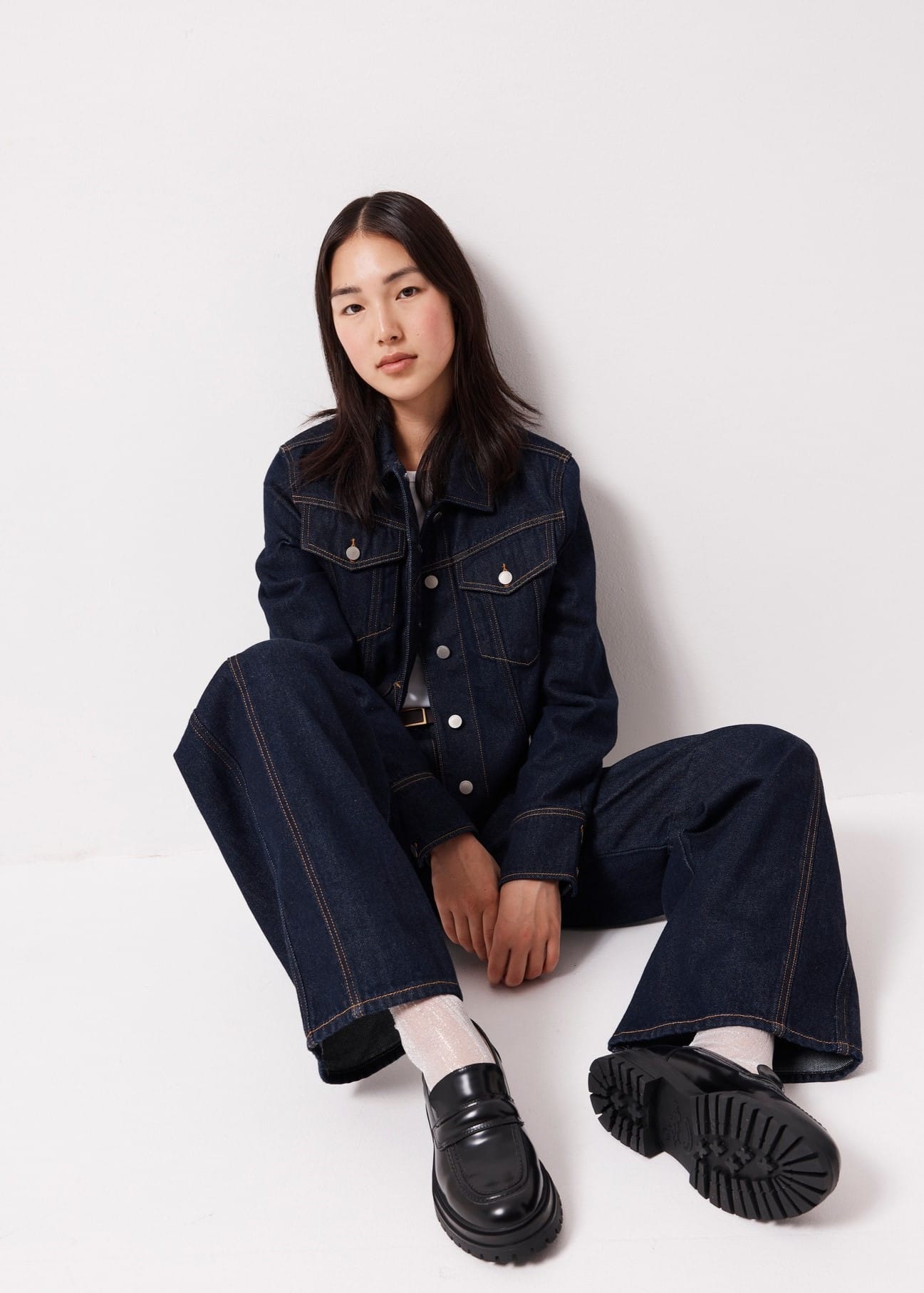
Nobody Denim
Nobody Denim has been making jeans in Melbourne for more than two decades, combining craft with a strong commitment to ethics. Every pair is designed, cut and sewn locally, and the brand is Ethical Clothing Australia certified, which guarantees their makers are paid legal wages and work under safe conditions.
Sustainability in denim is complicated — it’s a resource-intensive fabric — but Nobody has introduced water-efficient finishing techniques, reduced chemical use, and continues to expand its use of more sustainable fibres.
A good pair of jeans should be the hardest-working item in your wardrobe. Nobody’s focus on quality construction means their denim holds its shape, washes well, and stands up to daily wear.
They’re an investment that not only looks good but will last for years, in a category of clothing that’s too often treated as disposable.
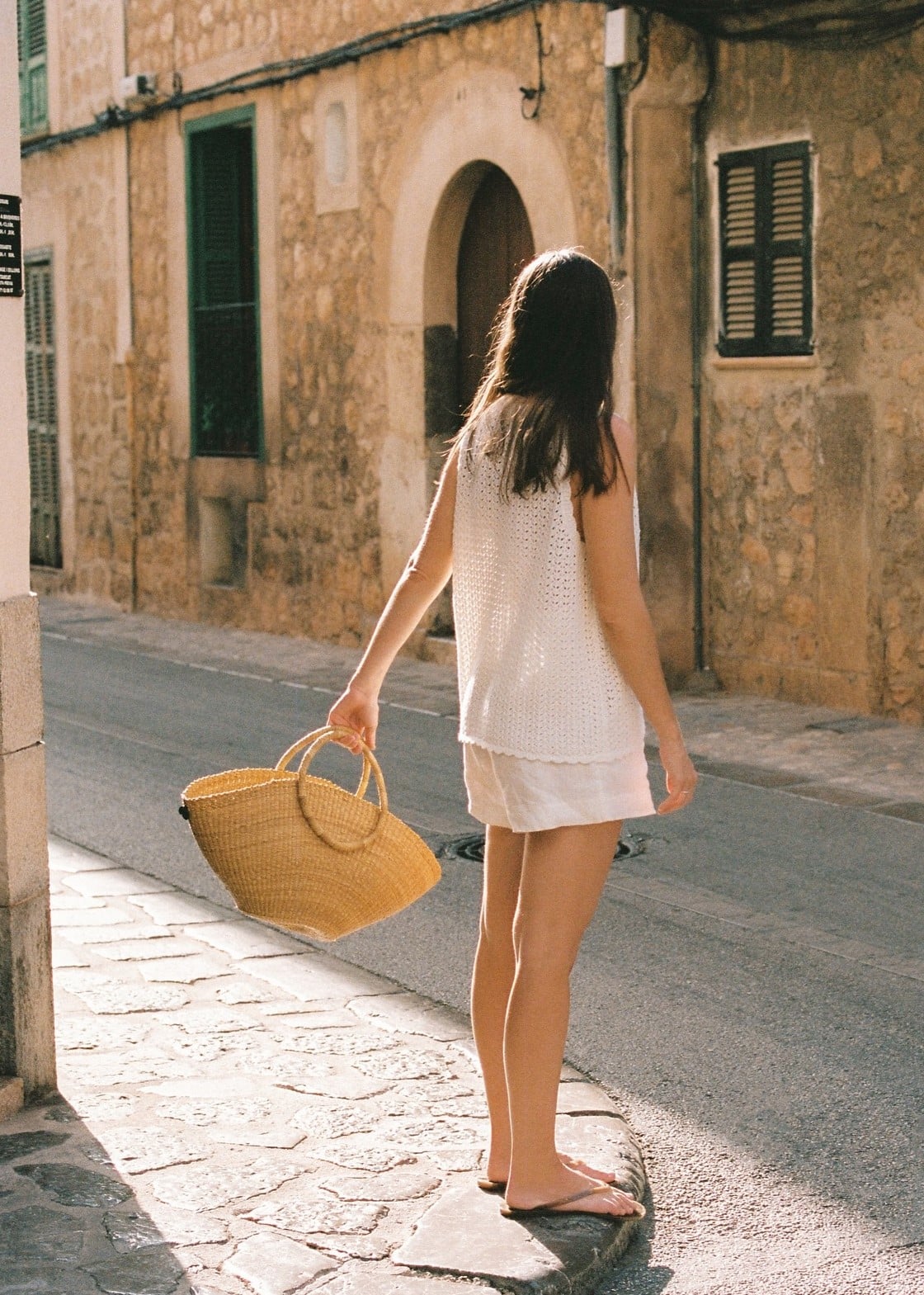
Peony
Peony is based in Burleigh Heads and has become one of Australia’s most recognisable swimwear labels. Their focus is on feminine shapes, soft prints and, importantly, quality. Swimwear that holds its shape and colour through summers, rather than stretching out after a few wears.
They’ve been carbon neutral since 2020 and only use recycled or eco-certified fabrics, with fully plastic-free packaging. On Good On You they score “Great” for environment, but labour transparency is an area where there’s still work to do. Peony does publish annual reports, which makes it easier to see both their progress and their gaps.
For anyone tired of flimsy swimwear that barely lasts a season, Peony is proof that fashion-led designs can still be well made, with a stronger environmental focus than most in the industry.

Matteau
Matteau has always positioned itself as the antidote to throwaway fashion. Their design philosophy is pieces that work across seasons and hold their place in a wardrobe for years, not months. Think organic cotton poplin, recycled fibres, and carefully sourced wools and silks, and occasionally deadstock, giving new life to materials already in circulation.
From a sustainability perspective, Matteau is still on the journey. They’ve committed to using organic cottons, recycled fibres, and regenerated fabrics, and avoid sourcing from endangered forests.
According to Good On You, they’re rated “It’s a Start” — acknowledging that while their design philosophy supports slower consumption, there’s still progress to be made in areas like supply chain transparency and emissions reductions.
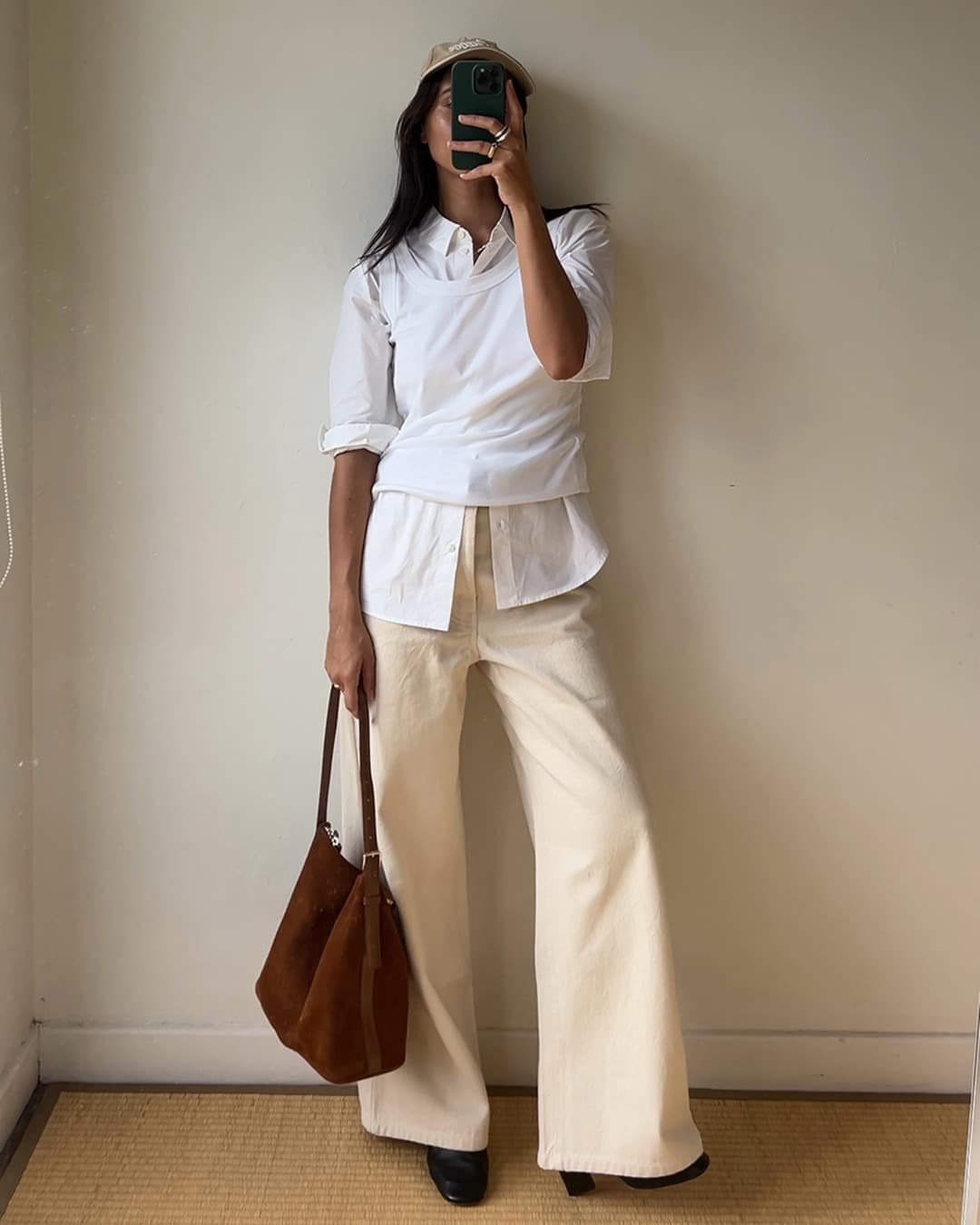
Kowtow (NZ)
Wellington-based Kowtow is one of the most rigorous sustainable labels in Australasia.
Their entire collection is made from Fairtrade-certified organic cotton, sourced and processed under Global Organic Textile Standard (GOTS) certification. Every stage of their supply chain is audited, and they publish detailed reports outlining wages, working conditions and environmental impact.
Kowtow’s design ethos is as uncompromising as their ethics. They avoid zips, trims and fastenings that can’t be recycled, ensuring their garments are as close to circular as possible. Their shapes are minimalist and architectural, made to layer and re-wear season after season, not chase micro-trends.
Where many brands dabble in sustainable collections, Kowtow has built its entire business model around it. They are, quite simply, one of the most transparent and well-made sustainable fashion labels for anyone looking to invest in clothes that last.
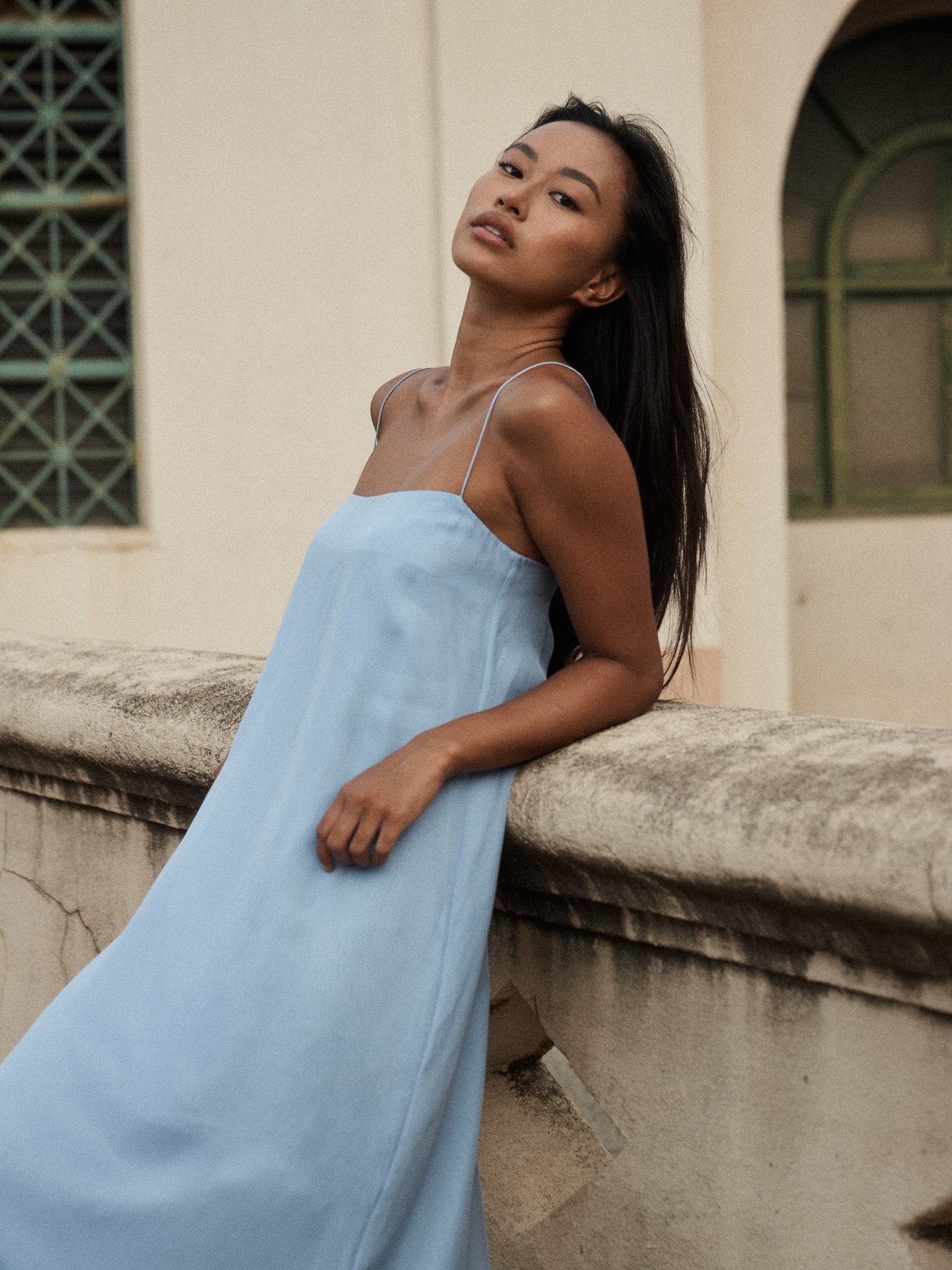
Bondi Born
Bondi Born is best known for sleek swimwear and resort pieces with timeless cuts and fabrics engineered to hold their shape season after season.
Their swim base cloth, Sculpteur®, carries an Environmental Product Declaration showing a smaller carbon footprint than many recycled synthetics. Beyond swim, their ready-to-wear range leans on natural fibres like organic cotton, linen and silk.
The brand is B Corp certified and carbon neutral, with packaging that’s fully compostable, and a preference for sea freight over air to cut emissions. While some production takes place offshore, their B Corp status requires a high level of accountability across the supply chain.
Bondi Born’s designs are made to last beyond a single season, with fewer, better pieces that justify the investment.
We hope you like the brands we recommend on The Green Hub. Our editors select each one independently. We may receive an affiliate commission when you follow some links.
Sustainability is an ongoing journey, and brands evolve over time. We do our best to keep this guide accurate and up to date, but certifications lapse and links occasionally break. If you spot something that needs a refresh, let us know.
The brands featured meet a range of ethical and sustainable standards, from certifications and living wages to transparent supply chains. That said, ethics are personal. This guide doesn’t cover every factor — like use of animal products or local manufacturing — so we always recommend checking a brand’s About page to see if their values align with yours.

